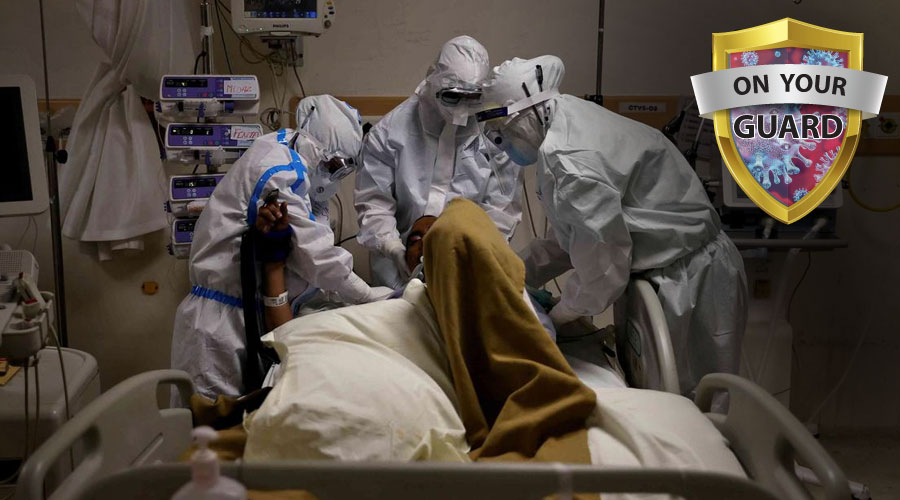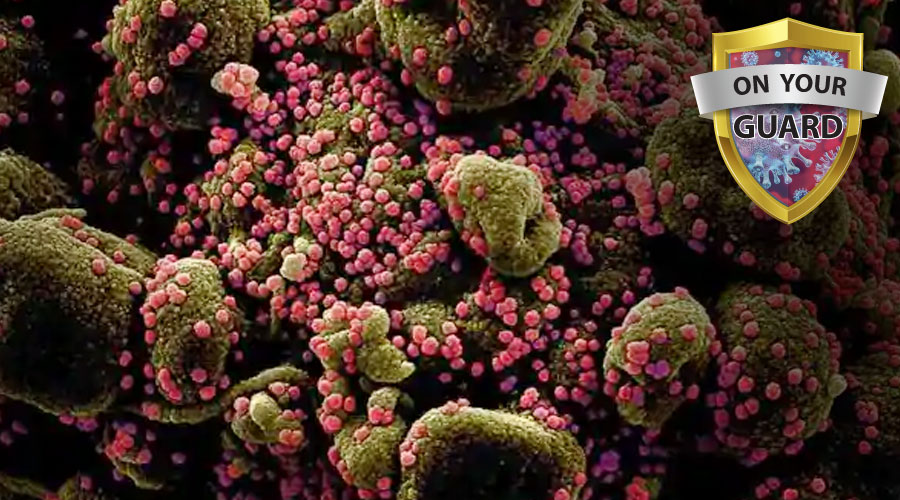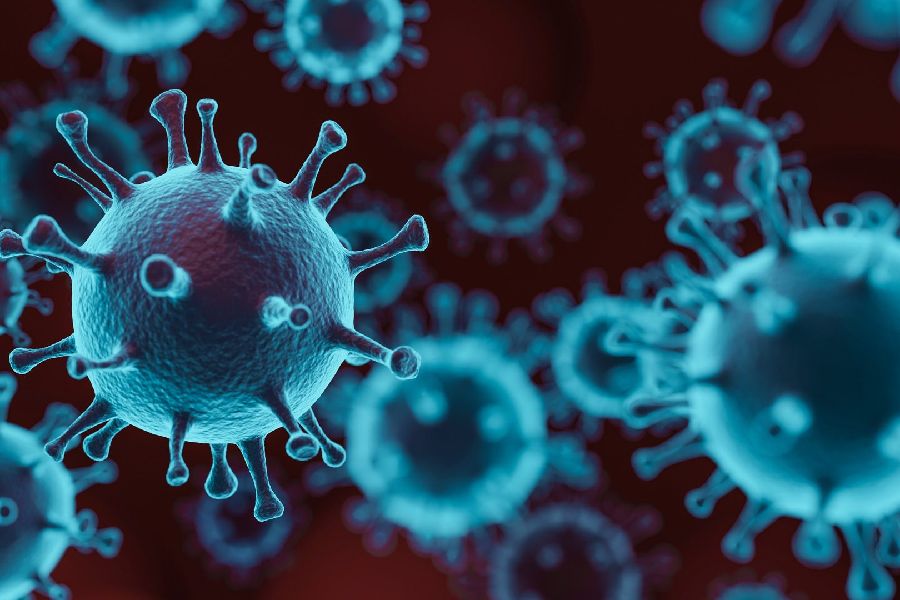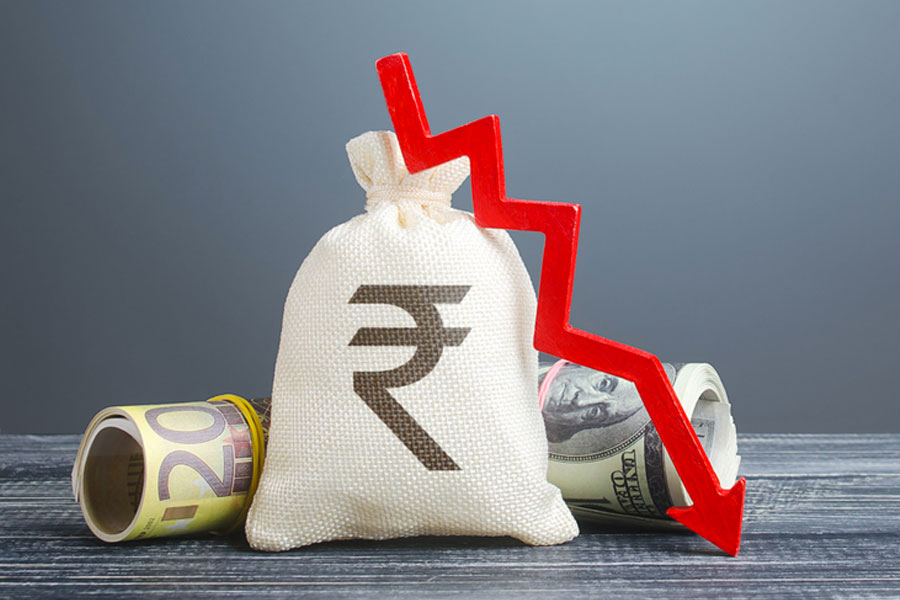Amid the ongoing surge of cases in India, which experts have termed as a second wave of infections, it is important to take a step back and consider all that we know about the coronavirus and the way it impacts the human body. Doctors agree we know more about the virus today than we did during the first wave last year. Also, we now have a vaccine, which gives us hope.
To save ourselves from the devastating consequences of a coronavirus infection, doctors, virologists and scientists have been working in tandem to better understand the disease and the ways it kicks in. And because of their efforts, we also have a better understanding of the implications of such an infection on the human body.
Dr Mathew Varghese, a senior doctor at Delhi’s St Stephen’s Hospital, believes it is very important to look at timelines in the management of the disease. In a lucidly explained video (EMBEDDED) he has put out, Dr Varghese talks of how the virus works once it is able to infect us and goes on to explain in detail the various stages and symptoms of the disease, the worrying signs that indicate the infection is taking a serious turn and what we can do prevent a bad situation from turning worse.
Usually, in 80 per cent of the cases, the fever comes down on the fourth or fifth day. But in the remaining cases, what may happen is that there is an aggravation of symptoms. Commonly, there are three symptoms that indicate the disease is taking a turn for the worse. These are fever of a higher grade, chest congestion or difficulty in breathing and a deep kind of cough.
“This second stage, everyone must understand, is not because of the virus. A lot of people think the virus has caused pneumonia. And it is the biggest mistake one can make… It is actually blood clotting in the veins,” he says, explaining that naturally occurring antibodies attack blood vessels thinking it is the virus _ and that’s because these blood vessels have acquired protein receptors similar to the surface protein of the virus.
From here on, treatment usually entails a regimen of steroids and anticoagulants that is administered by the treating doctor. It is important to time this correctly. Early infusion of steroids, ie, say during the incubation period of the virus, will make matters worse. Similarly, steroids can’t go on forever as these suppress immunity and can play havoc with the health of those with comorbidities.
We do not know why the virus affects people differently, why some are adversely impacted while the others recover in four to five days. Hence, says Varghese, it is crucial to consider timelines while treating Covid-19 patients and be alert about the turning point.
PS: This column (source: Union ministry of health, WHO, CDC) is for general information. For specific concerns, especially for those with comorbidities, it is advisable to consult your family physician.












